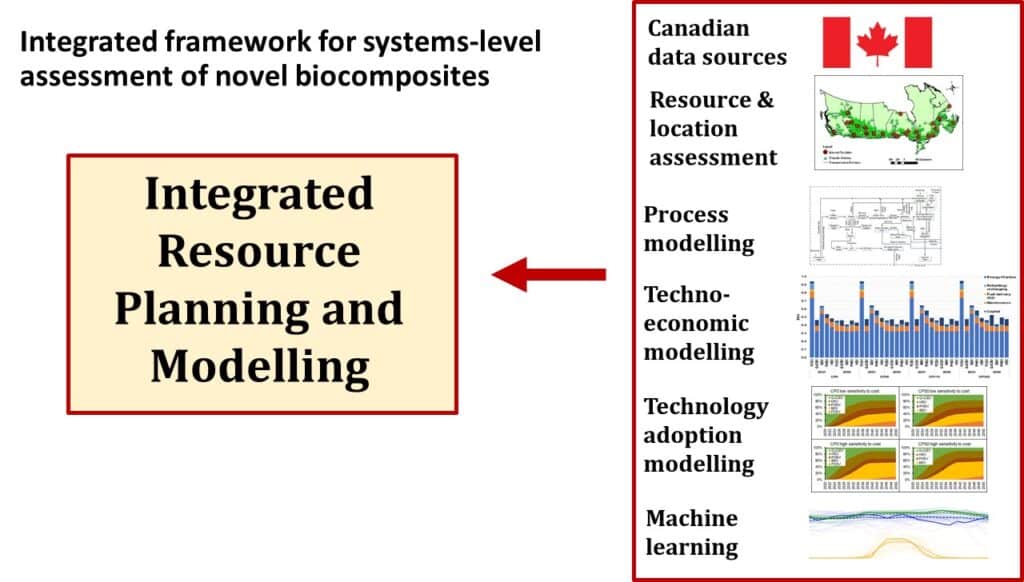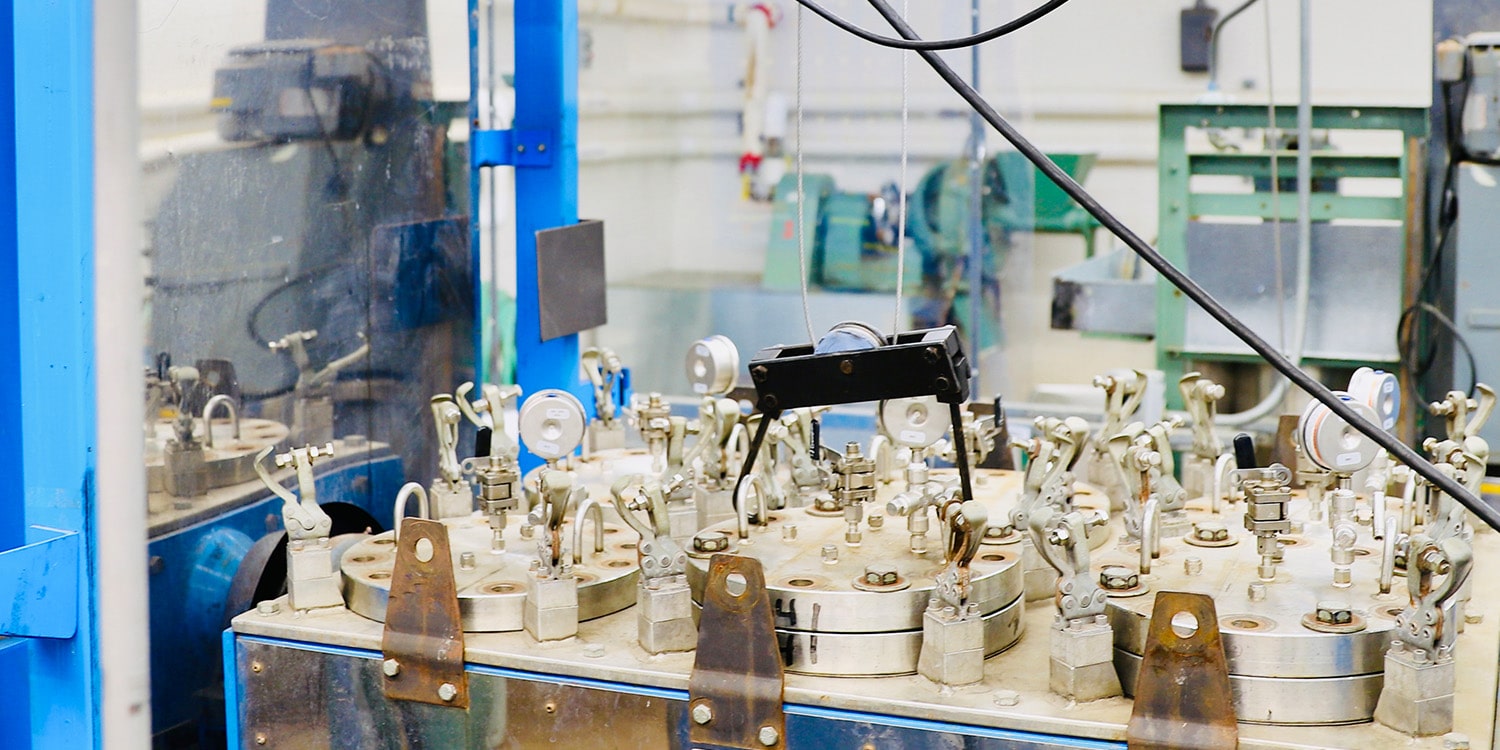This theme area uses techno-economic assessment (TEA) and life cycle assessment (LCA) to evaluate the sustainability of the bio-based energy technologies researched in this program. These analyses are critical for proof-of-concept technologies that require sizable investments. The goal is to integrate LCA and TEA modeling, with AI-based system-wide analysis, throughout the conversion process, from the selection of raw material/feedstocks to the final product and upcycling/recycling of printed products. This study will guide our technical goals to ensure that the overall process addresses our primary goal of attaining sustainable environmental and economic conversion based on advanced scientific discoveries. It is also our objective to understand the uncertainties that the differences in resource availability, cost of the produced products, GHG emissions footprints, and other input parameters will introduce to the technology pathway choices and GHG abatement costs. This understanding will help in selecting the technologies for the production of bio-based products. Finally, but not least important, we aim to study the impact on the communities that will adopt and adapt to the new bioproducts and are preparing for the transformational challenges of reducing the impacts of climate change.
Biocomposite Assessment
The aim of goal 1 is to develop an integrated framework for systems-level assessment of novel biocomposites. Assessing integrated cradle-to-cradle biocomposite systems across the value chain is crucial to demonstrating their potential to reduce GHG emissions. The hypothesis is that biocomposites’ manufacturing and end-of-life pathways (other teams) can be assessed for sustainability to identify optimum pathways and associated supply chain system configurations and scenarios, with the assumption that biocomposites from agricultural wastes offer superior sustainability performances compared to fossil-based polymers.
The objective of goal 2 is to develop a tool that incorporates regression, uncertainty, and sensitivity analyses to evaluate the uncertainties in the results.
The aim of goal 3 is to develop a method for assessing the community impacts of bioproducts. The objective is to assess the impacts of biocomposites and biopolymers on rural and urban communities to help in policy formulation and investment decision-making.

